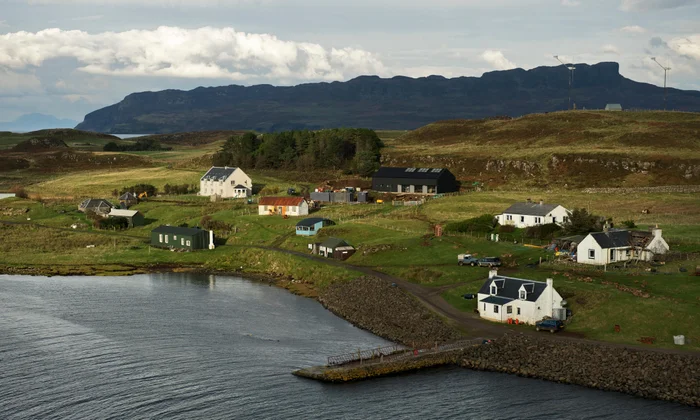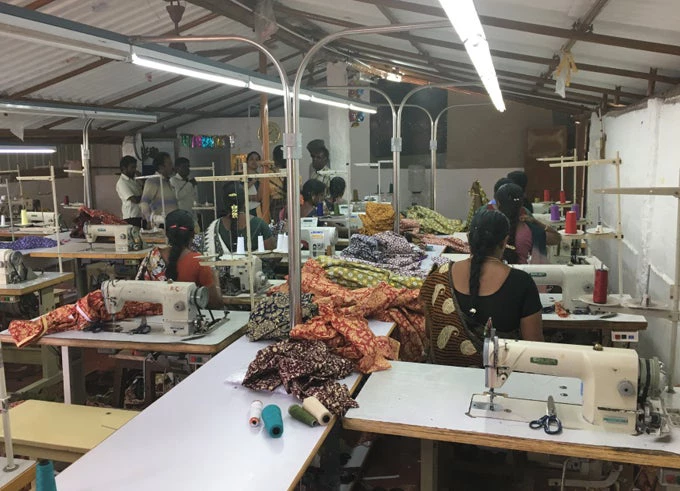Now Reading: The Scottish Island That Chose a Life Without Shops or Internet
-
01
The Scottish Island That Chose a Life Without Shops or Internet
The Scottish Island That Chose a Life Without Shops or Internet

In an age where most people can’t imagine life without Wi-Fi or quick trips to the store, one small Scottish island has deliberately taken a different path. The community here lives without shops and without internet, not because they lack access, but because they’ve chosen to keep life simple and self-reliant. This conscious decision has shaped a unique lifestyle that feels almost frozen in time.
The island, located off Scotland’s rugged coast, is home to only a handful of residents. Groceries and essentials are brought in by boat from the mainland, often in bulk to last for weeks. Since there are no shops, neighbours regularly share supplies, swap produce, and help each other in ways that feel rare in the modern world. For them, the absence of commerce is not a struggle but a way to stay connected as a community.
The lack of internet is an equally deliberate choice. While they have the means to set up connectivity, residents prefer face-to-face conversations, handwritten letters, and spending time outdoors over scrolling on screens. This choice has become part of the island’s identity, attracting occasional visitors curious about how life works in such a setting—but even tourism is minimal, as the community values privacy and peace.
For many, this might sound inconvenient or even isolating. But for those who live there, it’s a way to preserve a slower rhythm of life, free from constant notifications and consumer pressure. It’s a reminder that modern conveniences are not always necessities, and sometimes, stepping away from them can bring a different kind of richness.
This island’s story is not about rejecting progress—it’s about deciding what progress means to them. In their case, it means prioritising community bonds, self-sufficiency, and quiet over convenience and speed. It’s a way of life that might not suit everyone, but it offers a rare glimpse into how choice, not circumstance, can shape a world apart.

























